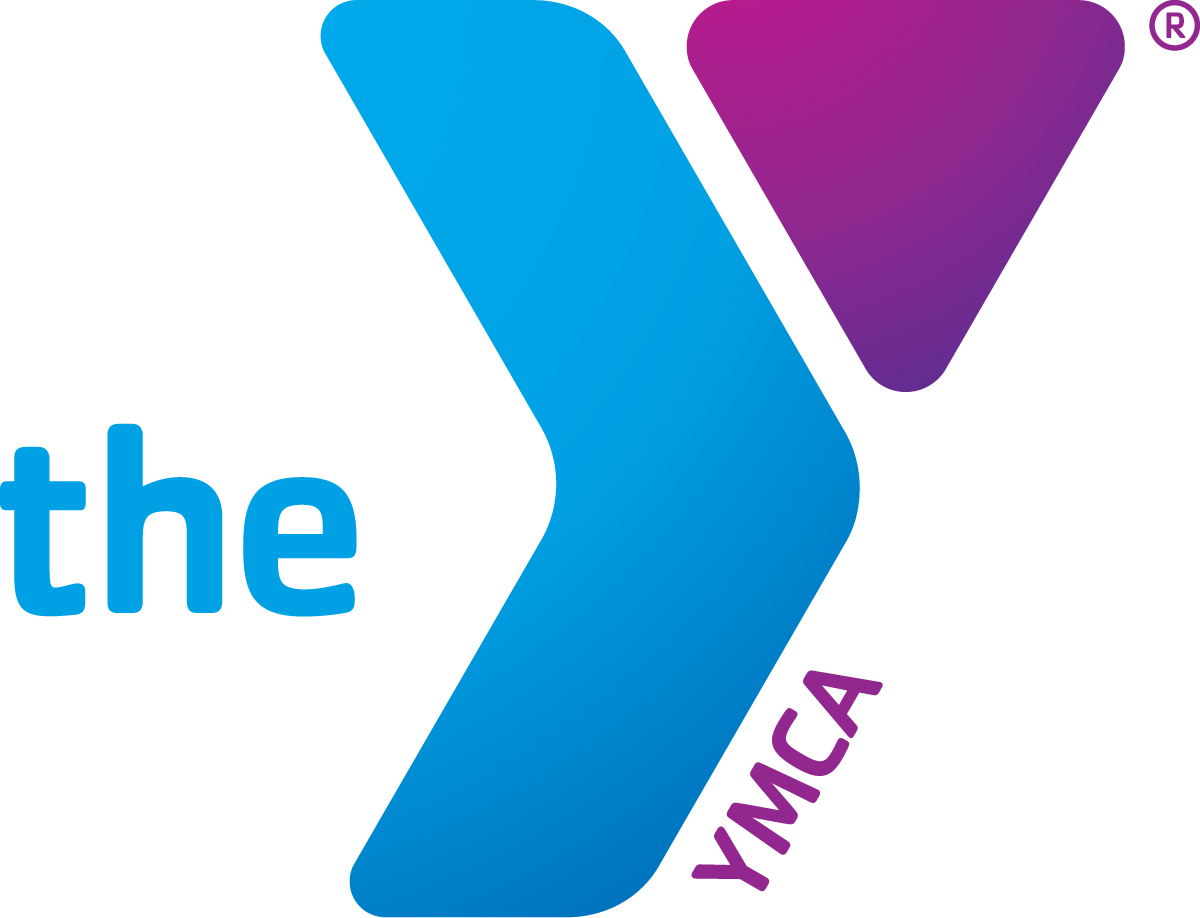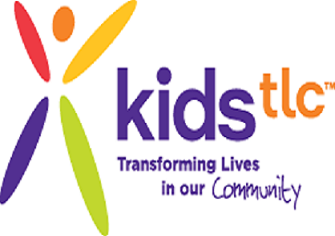Blog
03 Jun United Way of Greater Kansas City Awards $123,096 Grant to YMCA of Greater Kansas City
The YMCA of Greater Kansas City was recently awarded a $123,096 grant from the United Way of Greater Kansas City, Quality Matters to support financial subsidies for families who struggle to afford for their children to participate in Y-Club. The Y is enrolling more youth in Y Club from families struggling to pay for childcare. United Way funding allows us to add more children at the lower, subsidized rates.03 Jun Initial Impact on Grant Funding of the Longest Government Shutdown by Julie Assel, GPC
Posted at 21:38h
in Competency One, Federal Grants, Funding, Government Grants, Industry News, Julie Assel, GPC
You can’t watch, listen to, or read any major news outlet without hearing about the federal government shutdown. There are many things being talked about already in the news like which federal offices are closed or affected. These include the departments of Agriculture, Commerce, Justice, Homeland Security, Housing and Urban Development, the Interior, State, the Treasury. But other less-known offices like the National Science Foundation are also closed.
Two vital pieces of information on what this means today:
- If grant opportunities (RFPs) have already been posted with a due date, the due dates stand. gov is still open. You still have to turn in your grant on time.
- If you are waiting to hear about the result of a grant, you will need to keep waiting. There is no one there. Even offices which remained open for a couple of weeks with contingency funds from user fees, leftover funds, and other revenue have closed. New grant opportunities are not being released.
02 Jun KidsTLC, Inc. Receives $100,000 from the Health Care Foundation of Greater Kansas City
KidsTLC, Inc. recently received a grant for $100,000 from the Health Care Foundation of Greater Kansas City (now the Health Forward Foundation), Mental Health Grant to support the implementation of a new electronic medical records (EMR) program which will improve data analysis and care coordination. Funding will support contract work to Netsmart for the creation of the system tailored to KidsTLC’s programs.01 Jun Hancock Family Foundation Awards $100,000 to Metro Lutheran Ministry
Metro Lutheran Ministry was recently awarded a $100,000 grant from the Hancock Family Foundation to expand its Learning to Earning program to incorporate the research and evidence-based Financial Opportunity Center (FOC) model. MLM’s expanded services offered through the FOC model will help families address risk factors and community challenges through comprehensive case management, financial counseling/coaching, employment services, and income supports. These services will help families develop essential skills to lift themselves out of poverty and provide a secure and stable environment for themselves and their children.30 May Metro Lutheran Ministry Receives $100,000 Grant from the Sunderland Foundation
Metro Lutheran Ministry (MLM) recently received a grant for $100,000 from the Sunderland Foundation to the renovation of MLM’s Midtown Community Assistance Center. Phase I of the project includes relocating the food pantry from its current location (the southwest corner of the facility) to the north side of the building adjacent to the warehouse. A new intake office will be built connecting the waiting room to the new pantry location; providing confidentiality for the pantry clients. A new ADA compliant ramp will be built allowing for safe access to the office. Phase II includes enlarging three offices allowing case managers enough room to meet with clients while providing room for the children who accompany their parents. The offices will also be adjacent to the computer lab making it more convenient for parents to perform job searches and submit applications while visiting with the case manager. Phase III includes enlarging the front desk area to create a more welcoming and useful environment for clients. Clients will be able to see out the window to wait for transportation, and an ADA compliant ramp will be installed to improve access. Picture 3 (left) shows the only window by which clients can wait for their ride, cab, or ShareFare. Many are too short to see out of the door’s window. Seating will be added to aid elderly and disabled clients who currently must stand.30 May How Your Organization’s Risk Tolerance Influences Your Grant Calendar by AGS Staff
Posted at 21:39h
in AGS Staff, Competency Two, Federal Grants, Grant Calendar, Organizational Development, Research
Chances are your organization conducts comprehensive grant research to prepare for the upcoming year’s grant calendar. If your organization is like most others, then you now have a long list of potential funders ranked by how likely they are to fund your group or program. From...





